While the global research landscape is still dominated by contributions from North America, Europe, and East Asia, the other parts of the world are starting to catch up. In this article, I want to highlight challenges and opportunities in the careers of chemistry researchers on the African continent. To provide an authentic perspective, Sandra González Gallardo (Deputy Editor of ChemCatChem and EurJIC) and I spoke with three established African chemists at the 2022 IUPAC Global Women’s Breakfast event hosted by Angewandte Chemie and Chemistry Europe: Cynthia Ibeto, Associate Professor of Environmental and Analytical Chemistry at the University of Nigeria Nsukka; Lydia Rhyman, Researcher in Computational Chemistry at the University of Mauritius; and Martins Oderinde, Senior Principal Scientist at Bristol Myers Squibb in the United States.
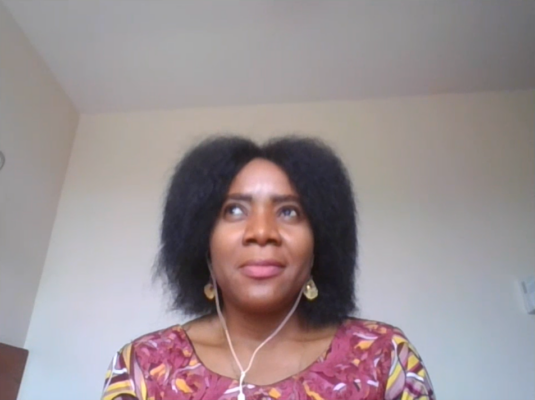
Cynthia Ibeto would encourage everyone who wants to pursue a scientific career in Africa to join professional associations like chemical societies or IUPAC and gain international experience. The associated opportunities to network, collaborate, and receive scholarships had a life-changing impact on her scientific career. The African Academy of Sciences, an organization that encourages African scientists to increase their professional competence and improve the lives of Africans through sciences, is a local institution offering support that she can strongly recommend.
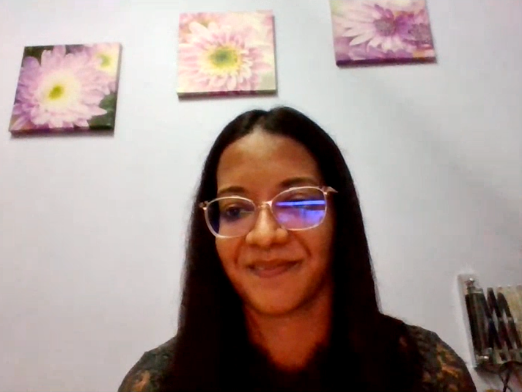
For Lydia Rhyman, international scientific collaborations are the key to successful work because “research cannot be done in isolation”, as she states. Organizing summer schools and conferences has led to fruitful collaborations and the formation of networks for her. In fact, she and her colleagues in Mauritius have been hosting virtual conferences annually since 2013, as they realized back then already how virtual events can benefit international connections.
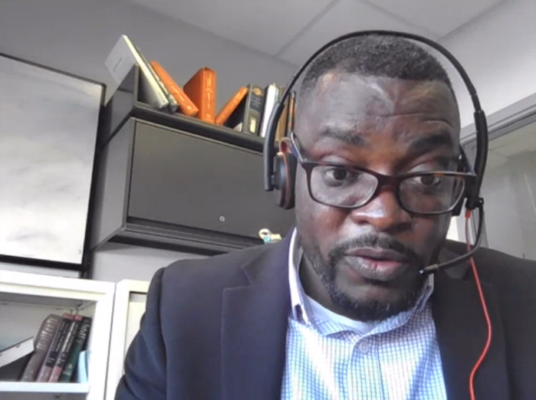
Martins Oderinde, who grew up in Nigeria and currently lives in the United States, can speak from his own experiences when it comes to the financial obstacles many Africans have to face. Without financial support from his family, he would have been unable to obtain a tertiary-level education, and he knows that many others in Africa, unfortunately, cannot rely on such support. He is currently engaged in mentoring African students who want to pursue a career in chemistry in North America.
The three researchers described open access as a double-edged sword when they were asked about the accessibility of published scientific content. Although open-access publications are advantageous to increase the visibility of African research, many cannot afford the article processing charges, and waivers by the publishers are necessary to improve equity for African science. The Research 4 Life program, which grants free or low-cost access for researchers from lower-income countries, is one way to level the playing field in this regard.
There are several initiatives in Africa that support young people and women who want to pursue a scientific career. Ibeto mentioned “chemistry festivals” in Nigeria where experiments are performed in schools to infuse young students with excitement for chemistry. Rhyman is convinced that summer schools and online platforms for remote learning are highly beneficial for undergrad students. Furthermore, the Organization for Women in Science for the Developing World and TechWomen are good examples of support networks for women.
When asked what progress they would like to see in chemistry research in Africa in the next ten years, the three researchers expressed their wish for a giant leap and reaching a level similar to the regions that are currently excelling in research (North America, Europe, East Asia). This requires improved access to equipment and software but also networks between researchers. Innovative research output and collaborations are key efforts to advance Africa and increase its contributions to the global research landscape.
Also of Interest
 Upcoming Event: IUPAC Global Women’s Breakfast (#GWB2023)
Upcoming Event: IUPAC Global Women’s Breakfast (#GWB2023)
Establish an active network of people of all genders to overcome the barriers to gender equality in science
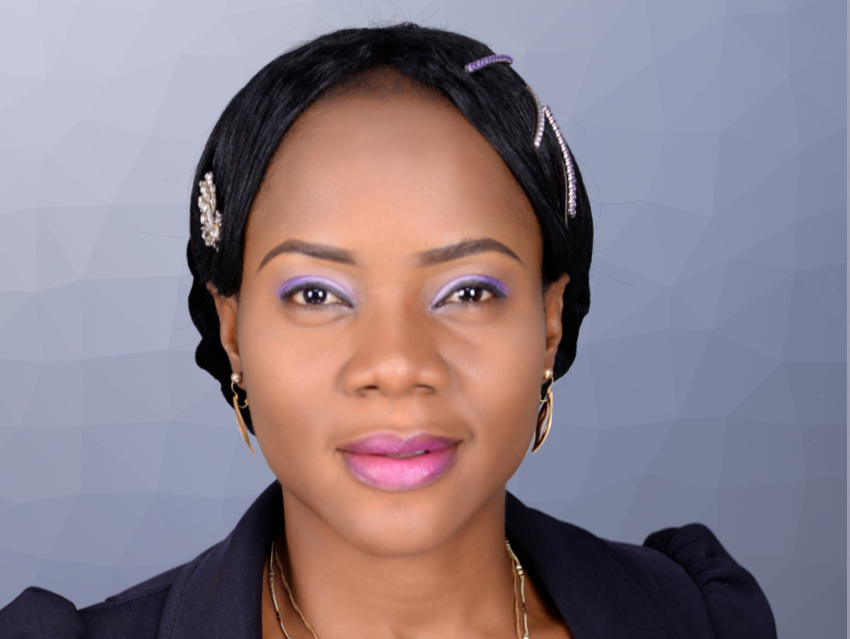
Dr. Cynthia N. Ibeto on her research, chemistry in Nigeria, and her motivation and incredible energy for supporting others
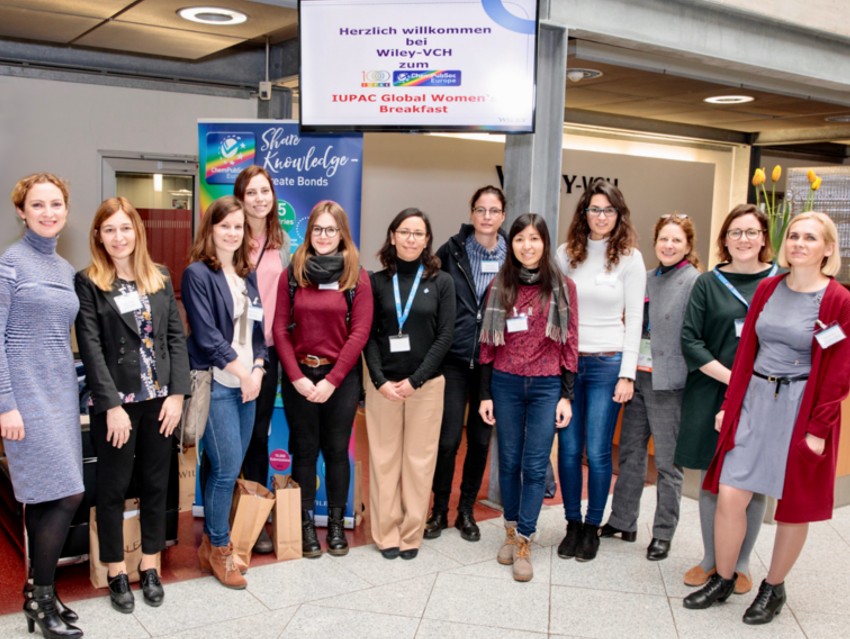
ChemCatChem organized a networking event
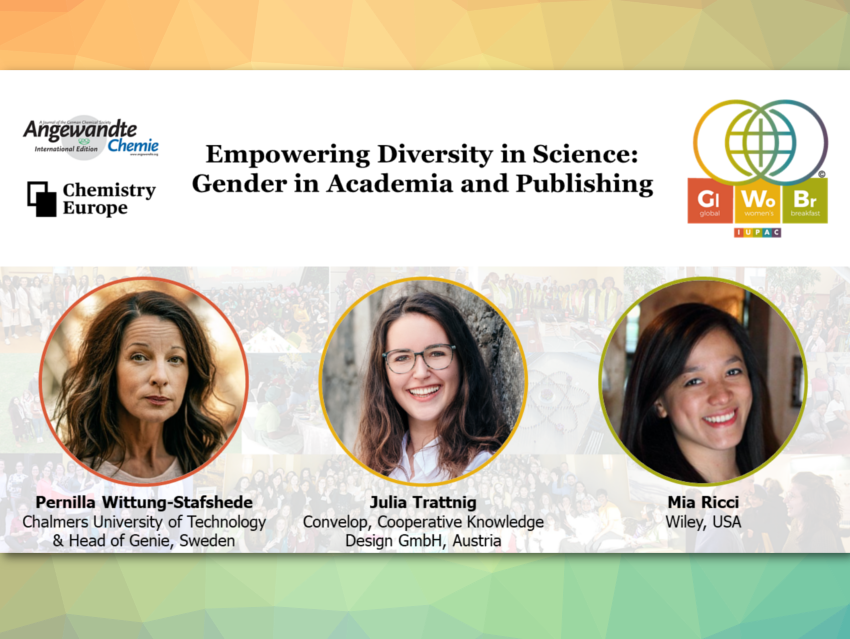
IUPAC Global Women’s Breakfast organized by Angewandte Chemie and Chemistry Europe
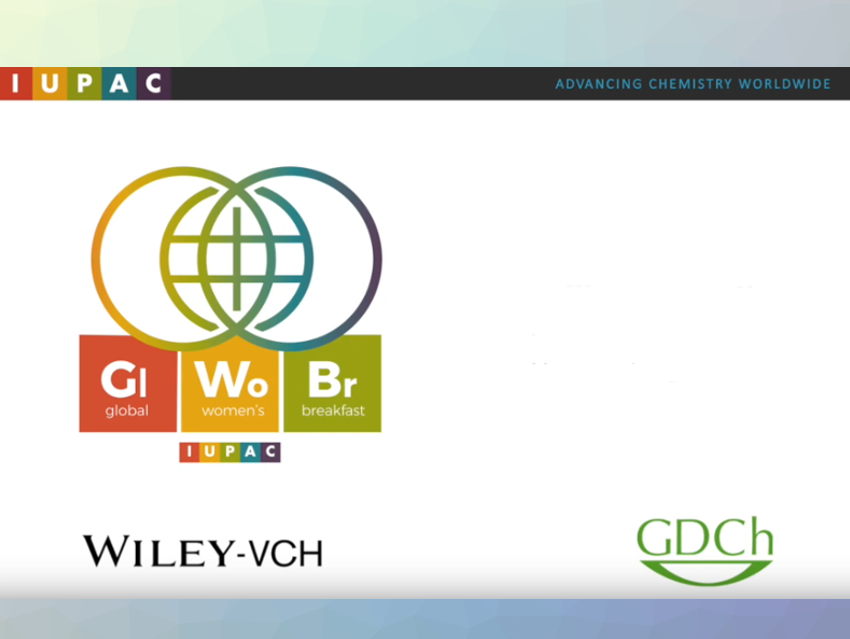
IUPAC Global Women’s Breakfast organized by Wiley-VCH and the GDCh
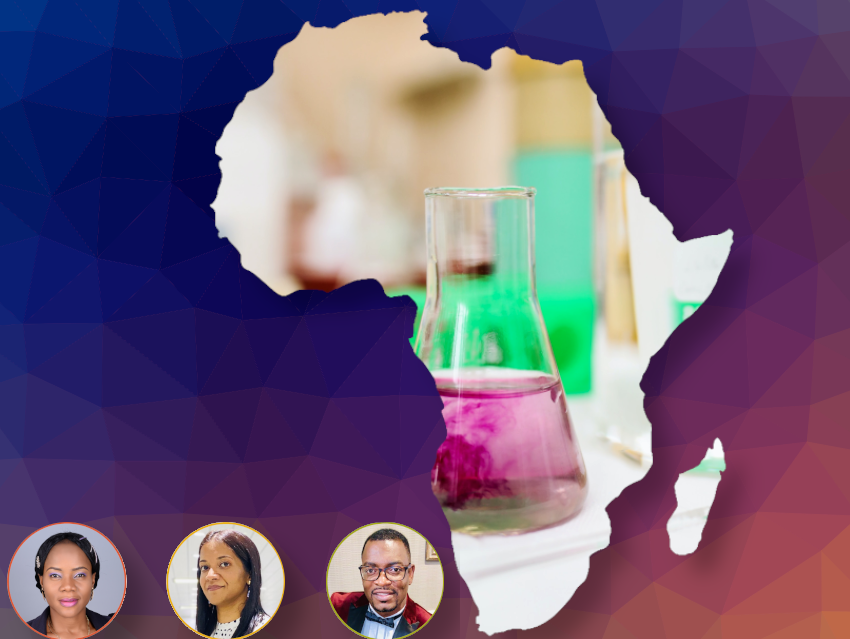
![9 Tips for a Successful PhD [Tip 8]](https://www.chemistryviews.org/wp-content/uploads/2025/04/202503_9-Tips-for-a-Successful-PhD_Tip8-125x94.png)
![9 Tips for a Successful PhD [Tip 7]](https://www.chemistryviews.org/wp-content/uploads/2025/04/202503_9-Tips-for-a-Successful-PhD_Tip7-125x94.png)
![9 Tips for a Successful PhD [Tip 6]](https://www.chemistryviews.org/wp-content/uploads/2025/04/202503_9-Tips-for-a-Successful-PhD_Tip6-125x94.png)
